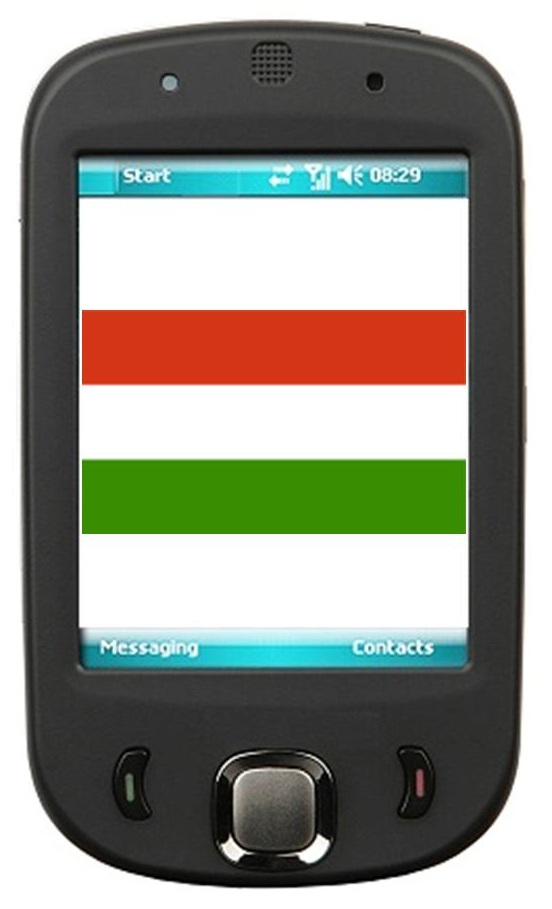 Even though it faced some financial setbacks, the program is still predicted to be ready in time for launch.
Even though it faced some financial setbacks, the program is still predicted to be ready in time for launch.
According to the latest reports from the Budapest Business Journal regarding the mobile payments system that is to be implemented across Hungary, it is still planning to be ready on time.
The predicted fall launch of the system is still set to be met by the creators of the national program.
Despite the fact that the mobile payments system faced issues regarding the loans that were supposed to pay for the development of the network, the creators were able to overcome the problems and still plan to meet their deadlines. This will be a considerable feat for those teams who have experienced a number of time setbacks and delays, but who are moving forward at full speed to put themselves back on track.
The mobile payments system for Hungary was first announced earlier in 2013 to be ready by fall.
The mobile payments system will be operated by Nemzeti Mobilfizetési, which is owned by the state, and which has been facing a number of sizeable funding challenges in order to cover the costs of the project. Just recently, it was denied a loan of $3.52 million (HUF 800 million) from the Public Procurement Arbitration Board in Hungary. Though these funds were believed to have been vital to its ability to continue and to complete its work on time, it still believes that it will be able to make its deadlines.
A statement that was released by Nemzeti Mobilfizetési has explained that the development that is required in order to expand the mobile payments system will be starting, as scheduled, before the end of this month, and that it will continue forward so that it will be ready for its predicted start date in September 2013.
The purpose of the Hungarian mobile payments system is to be able to create a standardized program across the entire country. It will offer this type of transaction for making purchases such as transit and transportation tickets, motorway stickers, parking fees, and other similar purchases. It is expected that the complete system will be ready to roll out between 2014 and 2017.

